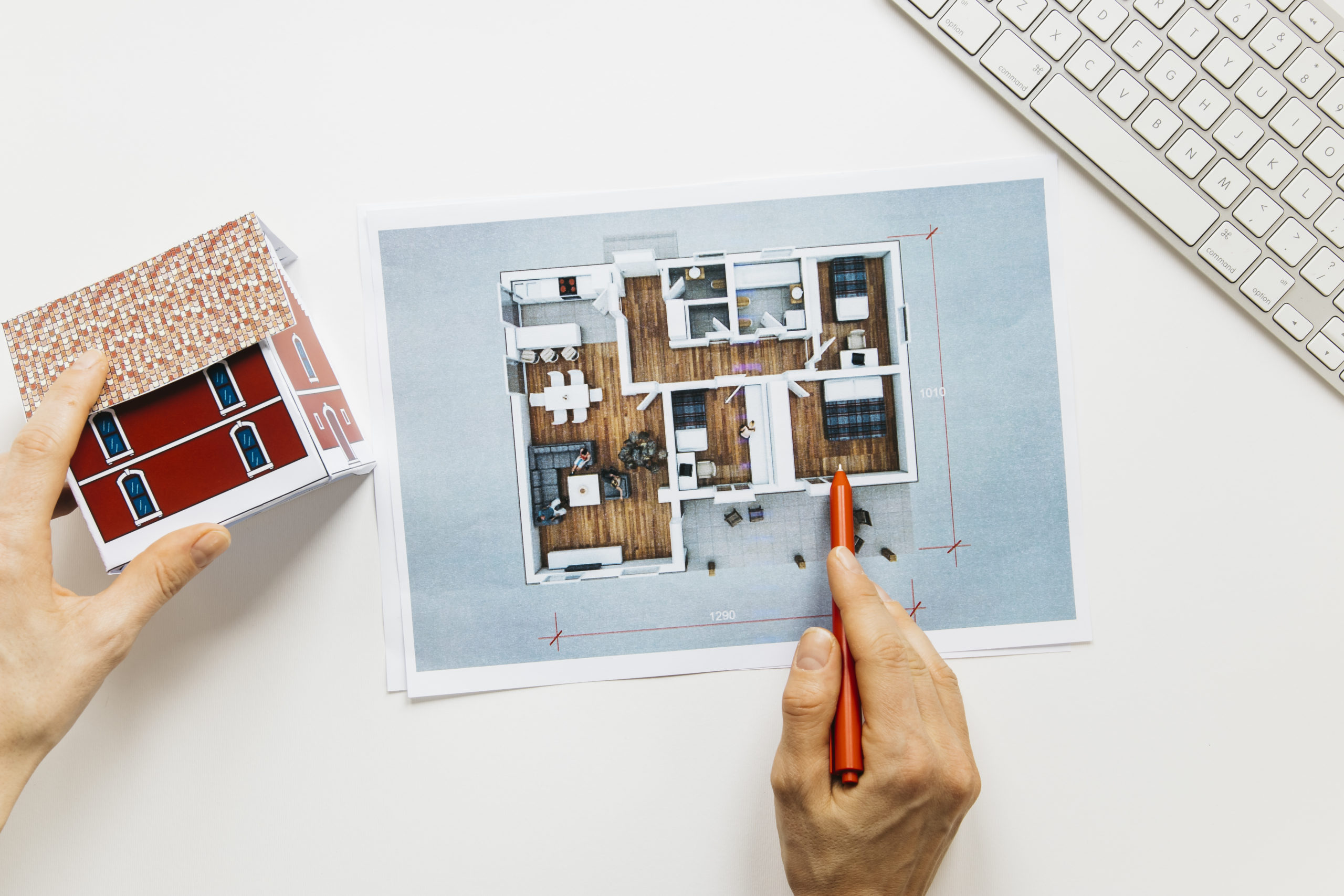Property management in Paris has undergone many reforms in recent years. Their goals: to limit the increase in rental prices and to forcibly reduce those that are too high. This is the principle of rent control.
The ELAN law (for the evolution of housing, development and digital) has reintroduced, since July 2019, the rent control initiated by the ALUR law (for access to housing and renovated urbanism) voted in 2014.
What's the difference between these two? Paris is no longer the only city concerned.
Rent control will be applied in the municipalities that wish to do so, provided they meet certain criteria.
Paris is the first city to have applied this law on rental property management. The capital has put it back in place throughout its territory, starting July 1, 2019. An order dated May 28, 2019, set the rents not to be exceeded by neighborhood, depending on the type of housing (empty or furnished), the number of rooms and the date of construction of the building.
What are the impacts of rent control on property management?
Contrary to the 2014 ALUR law, which provided for the application of rent control to the entire Parisian agglomeration, the ELAN law allows, on the contrary, to distinguish 14 sectors and 80 districts of Paris in order to best adapt this control. Moreover, this measure is limited in time: if it is decided for a sector, it is for a period of 5 years.
The rent charged by the landlord cannot be higher than the increased reference rent. Between 2 successive tenants, the landlord cannot increase the rent beyond the update by the rent reference index (IRL). The only exceptions: an undervalued initial rent or the realization of improvement works in the habitat. In these 2 cases, the lessor may apply an increase higher than the IRL, but only within the limit of the increased rent.
What types of housing are concerned by the rent control in Paris?

Rent control applies to empty or furnished accommodation that is the tenant's main residence.
It is applicable for first-time rentals or for rentals renewed on or after July 1, 2019.
Thus, the following leases are affected:
- The 3-year empty lease
- The 1 year furnished rental lease
- The lease for furnished rentals of 9 months (students)
- The mobility lease reserved for certain people (professional training, internship, apprenticeship contract, higher education, temporary mission, civic service, temporary mission, etc.)
The following are not:
- The civil code leases which will be infinitely more flexible if you wish to rent your property to a company
- Current leases and those that will be tacitly renewed.
- Leases for the rental of a parking space or a cellar.
Property management in Paris: how to calculate the monthly rent?

The monthly rent to be applied, this calculation by multiplying the amount of the increased reference rent excluding charges (indicated per m², per month), by the number of livable m² of the dwelling.
For a 40 m² furnished apartment with 2 rooms, built before 1946 and located in the Musée d'Orsay district in Paris, the increased reference rent is 37.8 €/m². Thus, the rent of the apartment can be fixed within the limit of 40 x 37,80 € = 1512 € excluding charges.
If this same dwelling is rented unfurnished, the rent must then be fixed within the limit of the reference rent increased by 33.50 €/m²/month, i.e. a monthly rent of 1340 € excluding charges.
Attention: The calculation applies only to the rent, always taken without charges. The charges are therefore added to the rent.
Rent control: what impact for the lessor?
Once this calculation has been made, there is still the possibility of supplementing the rent if the dwelling has exceptional characteristics of comfort or location which, compared to dwellings of the same type located in the same geographical area, justify exceeding the increased reference rent applicable to the dwelling. However, there is no set list of characteristics that justify the addition of a rent supplement. It is therefore necessary to use common sense when choosing the reasons for a rent supplement.
Some examples:
- A terrace is an exceptional feature. A large balcony is not.
- A ceiling height of more than 3.3 m is an exceptional feature. A ceiling height of 3 m is not always exceptional.
- A parking lot is an exceptional feature. A cellar is not.
- An exceptional view from the apartment is an exceptional feature
- High-end equipment (home automation, spa, etc.) are considered exceptional features
- It should be noted that the element justifying the exceptional rent supplement cannot be reflected in the rent or in the charges.
It is therefore impossible to justify an additional rent if the tenant benefits from a gym in the condominium whose maintenance expenses are already included in the provision for charges.
Rent control: additional rent thanks to the management of your property
The ALUR law may seem restrictive for landlords, because of the tenant's power to contest the rent for 3 years. The balance of power is then reversed.
By entrusting your rental management mandate to France Ermitage, you guarantee the profitability of your property, despite the ALUR law.
The experts at France Ermitage are fully aware of all the terms and conditions of the law and ensure that the rents of your properties are regularly reviewed.
By accompanying you in the development of your property (maintenance, work, renovation), we can ensure that your increased reference rent is increased over time.
By choosing France Ermitage, you are assured of respecting the rental conditions for the tenant and of optimizing the rental income that you will receive.

